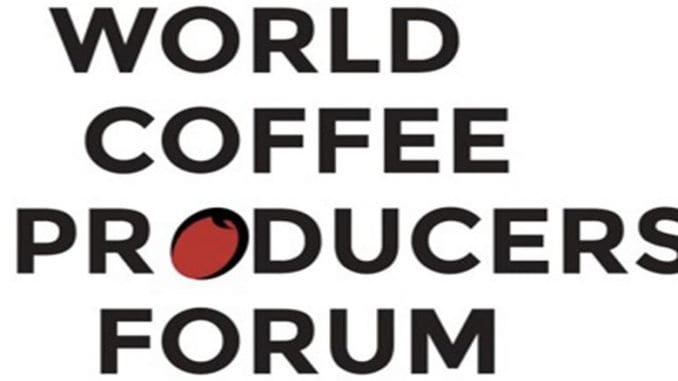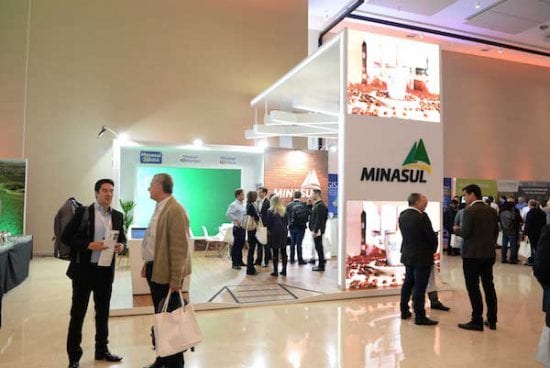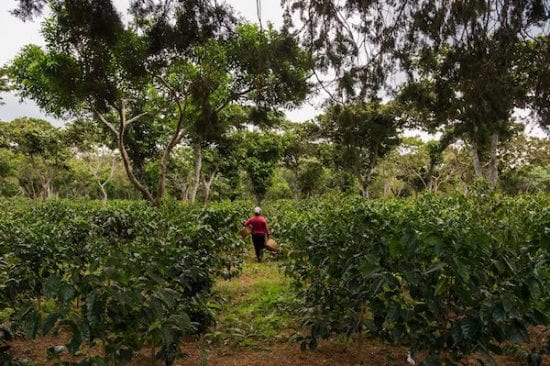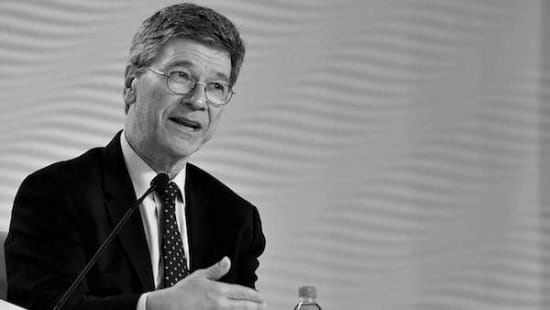
Representatives from dozens of coffee-growing countries will come together to discuss solutions around the global coffee crisis.
BY KATRINA YENTCH
BARISTA MAGAZINE ONLINE
Cover photo courtesy of Committee on Sustainability Assessment
From July 10-11, more than 25 coffee-growing nations will come together in Campinas, Brazil, to address the global coffee crisis via the World Coffee Producers Forum. Anyone within the production chain is invited to attend, whether you’re a buyer, importer, exporter, grower, or distributor, to resolve scenarios that could compromise the future of the world’s coffee supply. Sponsored by Minasul, the Brazilian Specialty Coffee Association (BSCA), Conselho Nacional do Café, and several other organizations, the two-day event will consist of panels and speakers that discuss factors affecting the C-price, along with vendor booths and optional field trips to several cooperatives and regional properties.

The global coffee crisis references the current historic lows of the commodity price for coffee, which recently has fallen as low as $0.88 per pound—its lowest price in 13.5 years. (For context, farmers in Central and South America need $1.20-1.50/pound to break even.) Brazil, which is responsible for roughly a quarter of the world’s coffee supply, largely determines the international price. However, the Brazilian real is currently weak, and the country’s coffee production this year is predicted to be a harvest of 50-55 million bags—a 15% decline from the previous year’s harvest. Due to these critically low prices, the livelihood of countless farmers have been threatened; many in Central and South America have abandoned their farms, and younger generations are turning away from the trade completely.

“Coffee prices are dropping because there is an expectation that next year’s harvest will produce a record crop out of Brazil, which is the biggest producer in the world; however, coffee producers are estimating that the crop for this year will be 20% to 30% lower than what was initially expected,” says Vanusia Nogueira, executive director at BSCA and an organizer of the event.
Day one of the forum will include three panels that consist of different themes on how to make the coffee industry more sustainable economically, socially, and environmentally, covering industry, market, and retail. The first panel will focus on how the market can better sustain farmers financially, while the second panel will address how to make the coffee price better. The final panel will brainstorm the promotion and increase of coffee consumption. Many industry leaders are scheduled to moderate and offer their input, including President of the Colombian Coffee Federation Juan Esteban Orduz, along with Global Coffee Platform’s Executive Director Annette Pensel.
“Leaders, producers, associations, and government bodies from dozens of coffee-producing countries will meet to look at new ways of pricing coffee and how to optimize the current coffee supply chain,” says Vanusia.

Conducted by professional moderators and guests, Day two of the forum will feature three workshops that will attempt to create solutions to the previous day’s themes of concern. At the end, moderators will gather the general conclusions and recommendations approved by the groups. One final group, however, will work with the analysis of a report given by presenter Professor Jeffrey D. Sachs, which uses economic and political analysis to improve small coffee growers’ income. To conclude the forum, each group will present its findings to all participants.
Before and after the forum, participants also have the chance to book trips to different coffee-growing regions within Brazil like Franca, Varginha, and Espirito Santo do Pinhal. Here, they will learn about the cultivation, harvesting, processing, and facilities of these areas. Sign-ups for the forum have officially closed today, with an expected attendance of 2,000 people. Find more information about the event here.

